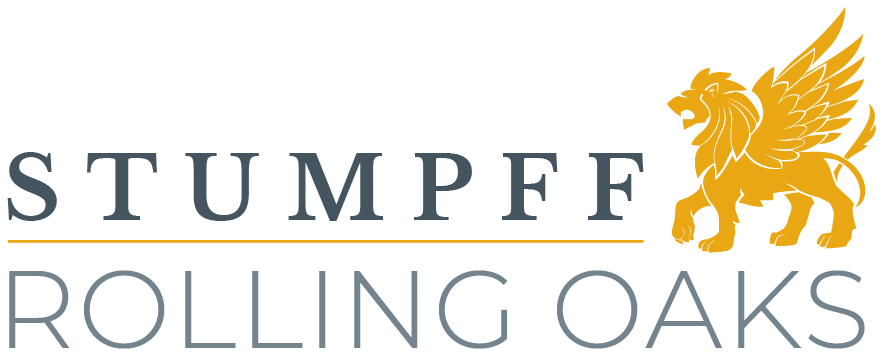Frequently Asked Questions
This list contains the most frequently asked questions we receive. Should have a question not answered here, use this convenient contact us form to email your question. For faster response, call our cemetery manager now: (918) 299-5705.
Planning for the final journey is a difficult decision but one that can make it less stressful for your family members. We encourage you to pre-plan - it could be your farewell gift to those you leave behind. Pre-planning also helps you to freeze prices in advance, thus saving hundreds of dollars. Click here for pre-planning guide.
An Advance health care directive, also known as living will, personal directive, advance directive, or advance decision, are instructions given by individuals specifying what actions should be taken for their health in the event that they are no longer able to make decisions due to illness or incapacity, and appoints a person to make such decisions on their behalf. A living will is one form of advance directive, leaving instructions for treatment. This separate document lets your family members know the type of care you do or do not want to receive should you become unable to communicate your wishes.
By using this form you can designate the persons you wish to nominate as users of the space. This does not mean that they would own the space but would merely be authorized users.
Perpetual care is money paid to help provide maintenance to graves and cemeteries, such as lawn mowing and fertilizing. Perpetual care is kept in its own account, monitored and regulated by the State of Oklahoma, and the money paid by the individual(s) purchasing a lot is deposited into that account. Only the interest, and not the principal, of the perpetual care account may be expended for care of cemeteries.
Cemeteries are not normally responsible for the maintenance of individual headstones, which remain the family's private property. At Rolling Oaks, additional arrangements can be made for a program of regular cleaning of a specific monument.
We offer all types of ground burial. Choices include Private Estates, Lawn Crypts, and Traditional Ground Burials. Read more burial choices here.
We recommend two mausoleum types which allow for traditional and cremated placements above ground in a crypt or niche as well as above ground private mausoleums in our private estate sections.
We have on-site Family Circle Estates as well as Premium Granite Front Garden Niches, Cremation Bench Estates, Columbarium and Basic Ground Cremation Burials and the Scattering Gardens. Rolling Oaks specializes in After Cremation options for permanent memorialization of cremated remains.
Double depth allows the option of two interments in the same lot space. One casket (inside vault) is placed in the grave at an approximate depth of twelve feet. When a second interment is required, the second casket and vault is placed on top of the first casket at standard depth.
An burial container is a container into which the casket is lowered before burial is completed and is required for a safe and secure burial process. Burial vaults protect caskets and urns from the weight of the earth and heavy cemetery machinery. Maintains the quality of cemetery.
A burial Urn vault is an outer burial container which the cremation urn is placed into before burial is completed and is required for a safe and secure burial process.
We offer traditional ground burials with bronze or granite markers that are flush with the ground. Upright monuments constructed from granite are another option. These are available in many different granite colors. Crypt plates, lettering and inscriptions are memorialization options are available for mausoleums. read about headstones & memorial markers.
Embalming is not required for burial. Some families that opt for a public viewing with an open casket prefer to go in for embalming. It is also necessary when the body is transported by air or rail and when burial is delayed by more than 8-12 hours. Entombment's too require embalming due to sanitary reasons.
Interment refers to opening and closing of a grave or crypt for burial. The fee includes routine services such as administration, record keeping, obtaining and completion of authorizations, permits and forms. The fee also covers cost of site preparation services for equipment used such as lowering devices, vault set up and tents, chairs, when selected as part of the internment ceremony.

